Cash and staff shortages threaten research
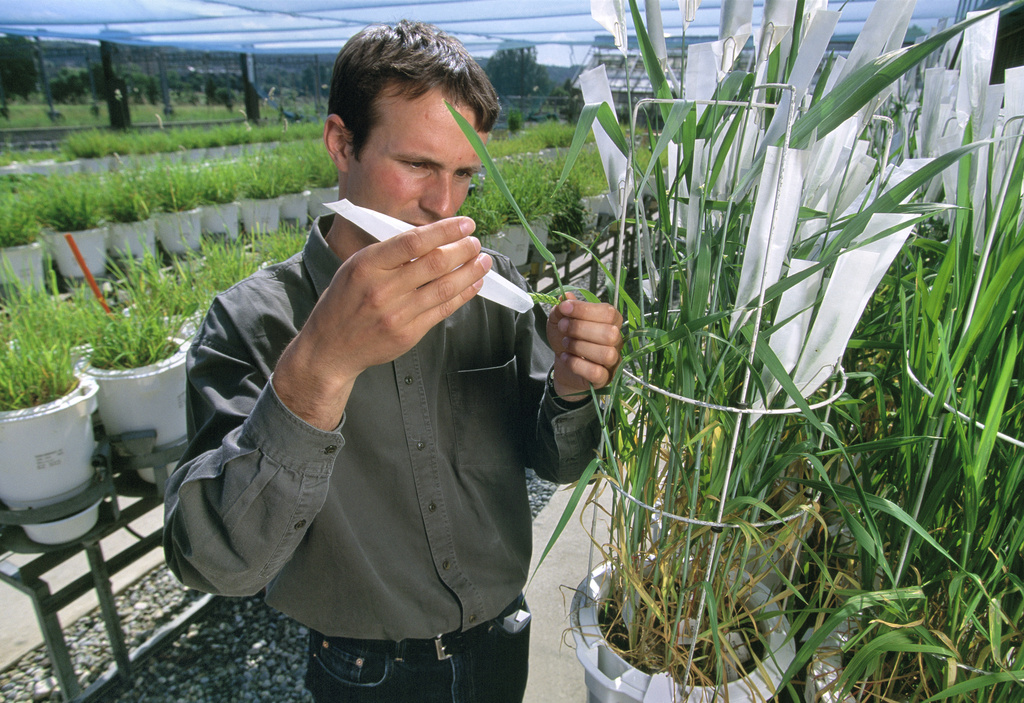
Switzerland risks ceding its strong position in the research and innovation field if it doesn’t tackle growing problems, a government advisory body has warned.
Education, research and innovation are Switzerland’s “most important resources” but they need a cash injection, a personnel influx and more coordination, the Swiss Science and Technology Council (SSCT) said in a series of recommendations released on Tuesday.
Switzerland is in a “very strong overall position”, says a report by the council into what should be the government’s goals for the next planning period of 2013-2016.
To remain internationally competitive in the future, it “will need to further strengthen its education, research and innovation system, establishing itself permanently as a leading centre for higher education science and innovation”.
“These challenges cannot be met without a clear political commitment at the federal and cantonal level, together with appropriate funding,” it said.
Compared with other countries, Switzerland spends above average on education, research and innovation, but its six per cent annual funding increase is below average. In the past 20 years, budgets for countries such as Denmark and Spain have more than quadrupled while the Swiss budget has less than doubled.
Lack of coordination
Equally problematic is an “acute” shortage of young scientists and researchers, with many posts having to be filled by foreign talent.
The various scientific and research institutes dotted around Switzerland also suffer from a lack of coordination, the council argued.
As well as boosting funding, schools should be kindling a love of science among children in the hope of drawing more people into the profession, and a “coherent” national strategy is also needed.
Failure to act on the proposals would represent a wasted opportunity to reform the system as a whole, Susanne Suter, president of the SSCT, told swissinfo.ch at the report presentation.
“If you look at other countries, everyone is trying to improve this domain, and quite simply we are not being logical when it comes to our ambition to remain one of the most competitive countries in the field of education, research and innovation.”
Switzerland is second only to the United States when it comes to number of published research papers, according to 2009 figures. Most research and development (68 per cent) is funded by private enterprise, compared with the 22 per cent that is state-funded.
On top of the main universities and research centres there are various small-scale institutions. Better cooperation between them all could help young Swiss scientists to rise through their ranks and allow for some to share cooperation with the private sector, the council said.
Room for improvement
As president of the ETH board, Fritz Schiesser is responsible for the six federal research and technology institutions. He says the council’s report raises some important points.
While “dense collaboration” already exists between further education institutions, it could always be improved, he told swissinfo.ch.
The lack of young scientists was also a “huge problem”, he acknowledged.
“That’s why we have a lot of people coming from abroad. I think it’s important to foster young scientists because they represent the future. We really have to exploit our reservoir in Switzerland, and try to do more in order to reach this goal.”
All this, without compromising on quality though. “The quality level is fundamental for the Swiss economy, Swiss innovation and Swiss science,” he said.
On the other hand, he said there were no short-term money worries for the ETH network of institutes.
“I think if we can continue as we did in the past and if we really get the money which is foreseen for the next period 2013 -2016, I am very confident we can do pretty well in international competition scientifically and economically,” he said.
“Big priority”
The State Secretariat for Education and Research says it has spent a lot of money on education, research and innovation in recent years and it is a “big priority for the cabinet and parliament”.
Switzerland may not be increasing its annual spending as much as other countries but that’s because it was already making sizeable contributions, spokesman Martin Fischer told swissinfo.ch.
While he said it was clear that coordination was needed, a road map had been developed by the government for exploiting the potential of research institutions. That, together with a new law on funding for higher education institutions, were potential instruments for coordinating research.
“Things are going well,” he added.
2005-2009 number of research papers
US: 118 (highest)
Swiss: 116
The Netherlands: 113
Italy: 95
University degree holders in 2007 (of the population)
Turkey: around 15%
Swiss: around 30%
Iceland: around 60%
Funding for research and development in Switzerland
68.2% private enterprises
22.8% government
6% other funds from Switzerland
3% funds from abroad
The Swiss Science and Technology Council (SSTC) is the advisory body to the cabinet in all matters relating to higher education, research and innovation policy.
Its latest report presents recommendations on securing Switzerland’s long-term position as a centre for science and innovation.
It proposes that political measures follow three guidelines, taking into account both international trends and the particular characteristics of Switzerland.
Federal and cantonal authorities need to view the field in its entirety in order to promote its further development successfully. “Only through closer cooperation can they preserve the position and current level of the education, research and innovation system.”
As Switzerland is home to a wide variety of scientific institutions, “in many cases it is for smaller and regional institutions to collaborate in networks with larger institutions to ensure the quality of their output.”
Switzerland needs a “forward-looking and comprehensive approach for the promotion of young researchers”. The system can only be sustained if a new generation of researchers comes forward. “Fostering the new generation… requires an integrated approach and should begin in very early childhood.”

In compliance with the JTI standards
More: SWI swissinfo.ch certified by the Journalism Trust Initiative

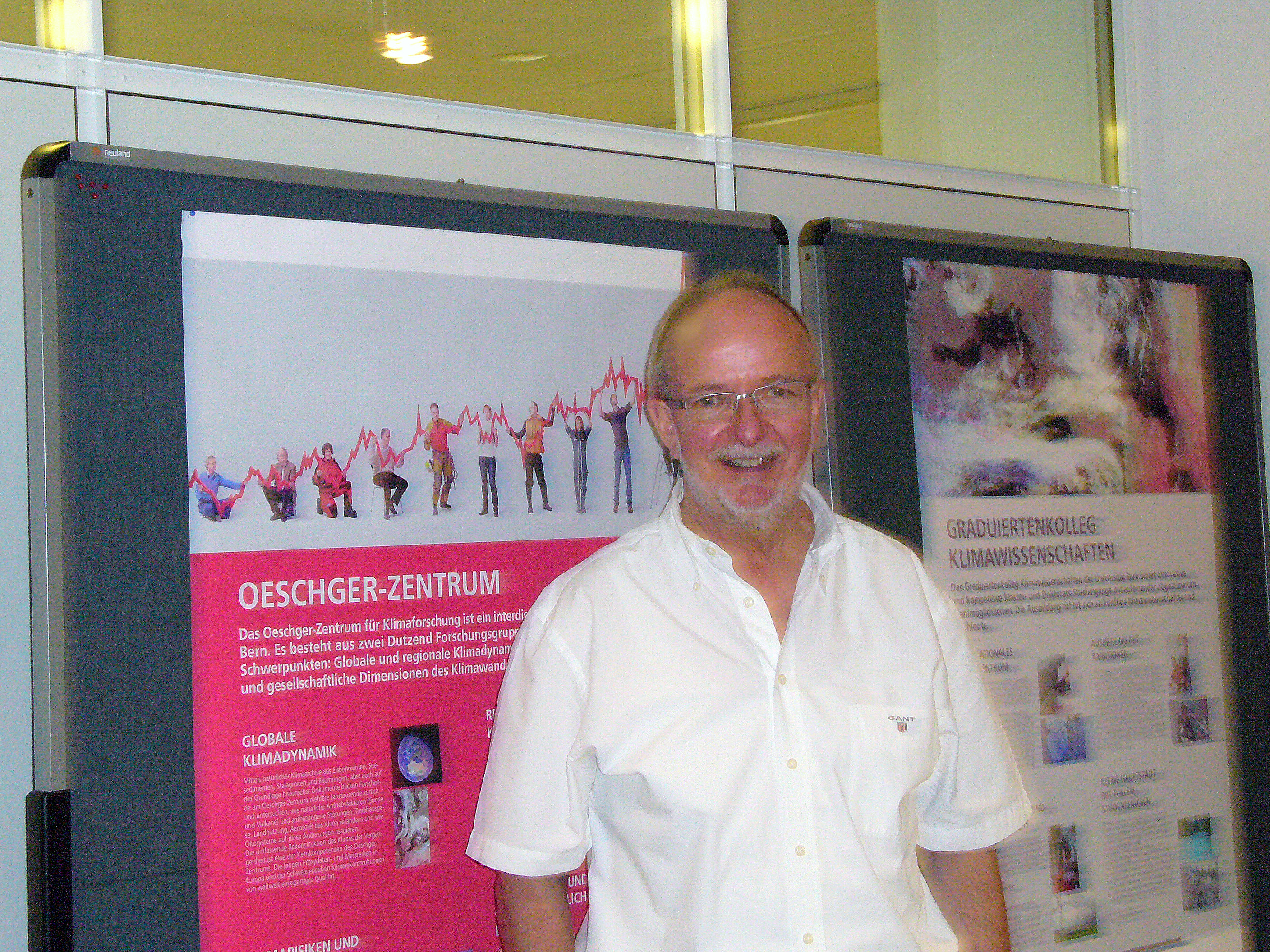

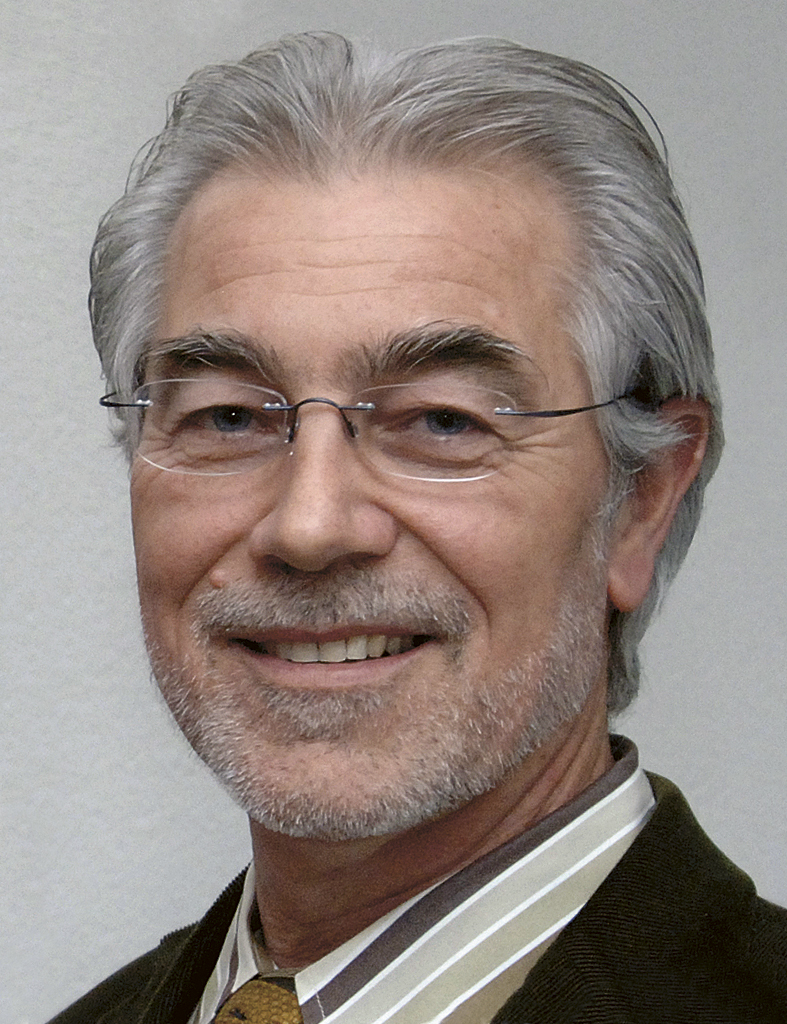
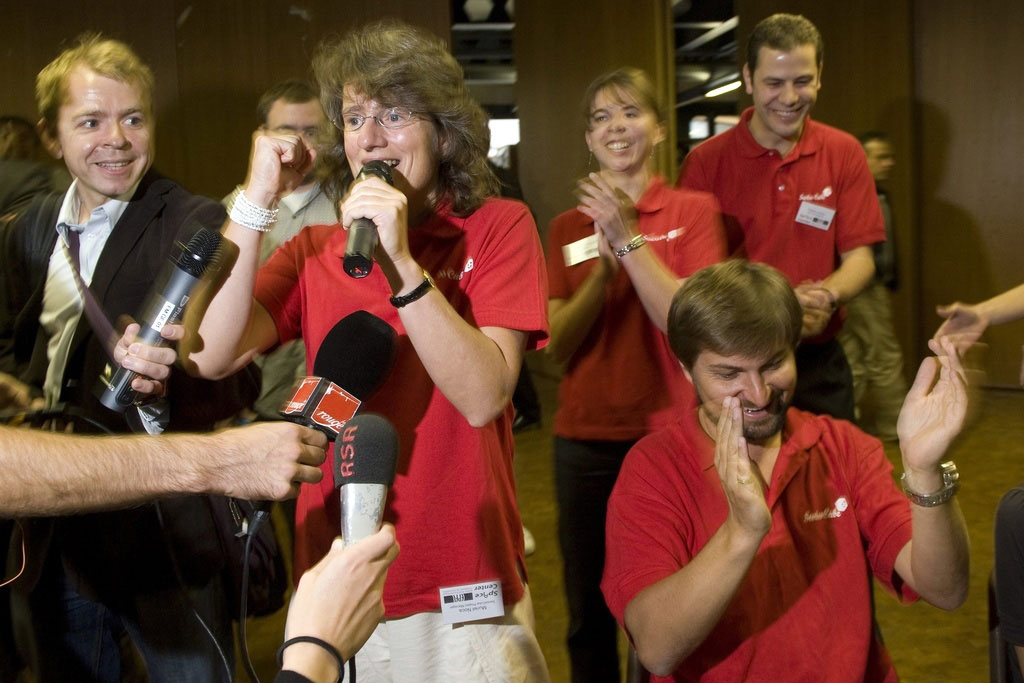
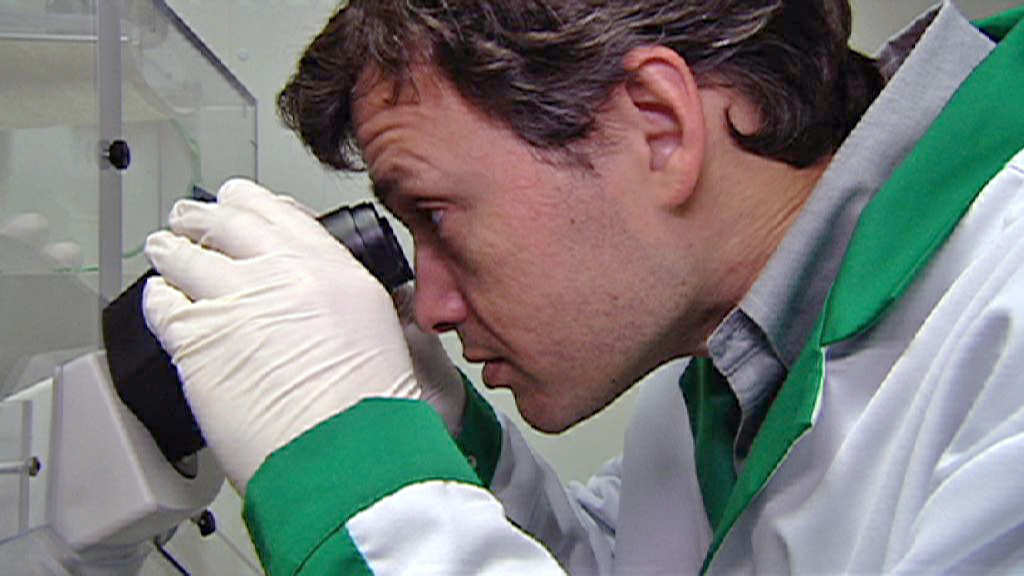

You can find an overview of ongoing debates with our journalists here. Please join us!
If you want to start a conversation about a topic raised in this article or want to report factual errors, email us at english@swissinfo.ch.